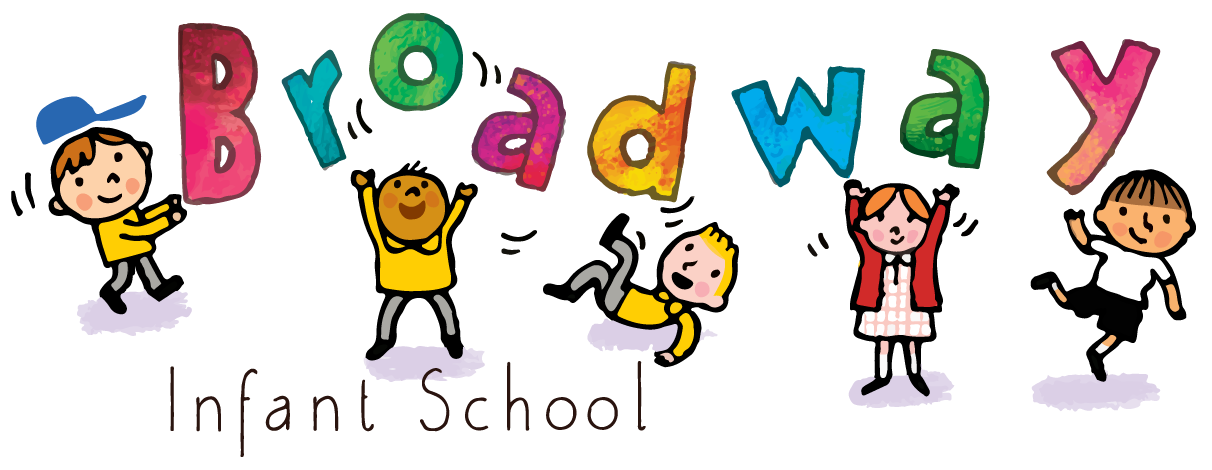Early Years Foundation Stage
Intent
Our EYFS curriculum is designed to provide a broad and balanced education that meets the needs of all children. It is ambitious and engaging, enabling children to develop positive learning behaviours and skills to effectively prepare them for their next stage of education.
In the Early Years we strive to nurture children to be enthused about their learning and have curiosity about the world around them, developing a true love of learning in an environment where they feel safe, content and happy. Carefully resourced continuous play and provocation allows our children to lead and drive their own learning, building on the skills and knowledge they have already acquired.
Staff in the Early Years support children by facilitating this independent learning enabling them to make progress across all 17 areas of the curriculum. They prioritise high quality interactions and are passionate and knowledgeable for the development of the whole child.
The curriculum is delivered through topics that engage and motivate the children, building on their interests. Through a balance of child initiated and adult led activities children’s learning is pushed forward so that every child will make good or better progress from their starting point.
Implementation
Our EYFS curriculum allows children to build upon their knowledge, understanding and skills, whatever their starting point. The EYFS curriculum is delivered through a topic led approach, aimed at inspiring all children to be excited and inquisitive as well as to develop a love of learning. This is achieved through high quality interactions with children during planned and child initiated play and activities, where staff are able to communicate and model language, explain and explore ideas, encourage and question children as well as facilitate and set challenges. Children have daily topic, maths and phonics sessions as well as weekly forest school and PE sessions. Target Tracker observations are used as a way to document and assess what the children know and can do and this is used as a support to plan next steps in learning and monitor their progress.
Impact
The children at our school demonstrate high levels of engagement in their learning, develop a wider sense of the word around them and link their knowledge and understanding to new learning. Children develop skills and are able to use these in different ways across the spectrum of the curriculum. Children also develop their characteristics of learning; showing engagement and motivation, applying their knowledge and making links and overcoming challenges. Children are nurtured to become confident and resilient learners from the very beginning of their educational journey.
Additional Information
There are seven areas of learning and development that shape the educational programmes we provide. Three areas are particularly crucial for igniting children’s curiosity and enthusiasm for learning, and for building their capacity to learn, form relationships and thrive.
These three areas are called the prime areas and they are:
communication and language;
physical development; and
personal, social and emotional development.
We also support children to develop their learning within four specific areas, through which the three prime areas are strengthened and applied.
The specific areas are:
literacy;
mathematics;
understanding the world; and
expressive arts and design.
When you visit our reception classes you will see children engaged in activities that help them to develop the three characteristics that support effective learning.
We know children learn at their best when they are:
playing and exploring – children investigate and experience things, and ‘have a go’;
active learning – children concentrate and keep on trying if they encounter difficulties, and enjoy achievements; and
creating and thinking critically – children have and develop their own ideas, make links between ideas, and develop strategies for doing things.
For more information about the curriculum in the EYFS please read the following documents:
